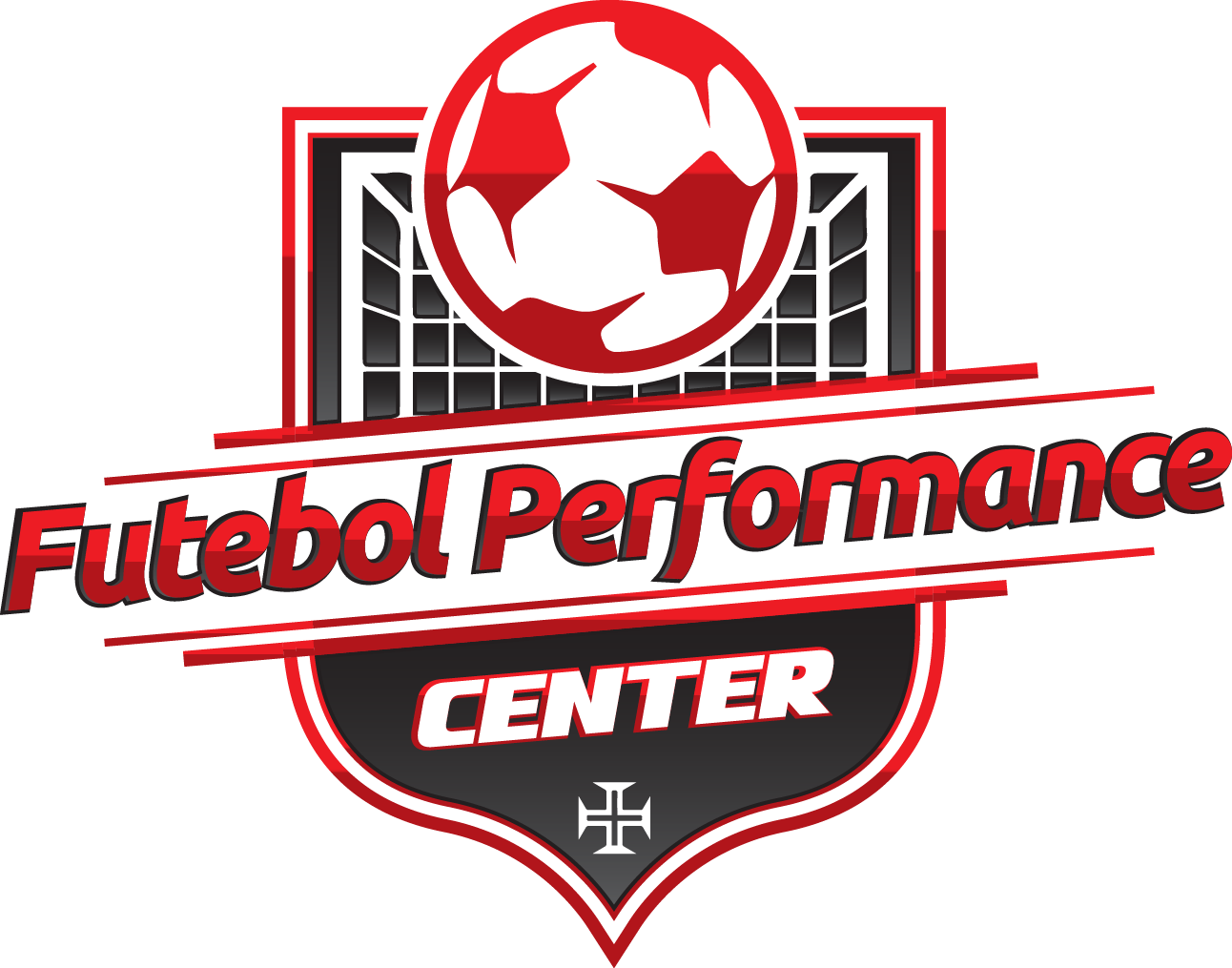Ankle injuries are one of the most common issues affecting futebol (soccer) players, from amateurs…

The Importance of Proper Hydration Before and After a Soccer Game or Practice
Hydration is a key component of athletic performance, particularly in a physically demanding sport like soccer. Ensuring that you are properly hydrated before, during, and after a game or practice can significantly impact your performance, endurance, and overall health. In this blog post, we’ll explore the importance of proper hydration, how to maintain optimal fluid levels, and the benefits of staying well-hydrated as a soccer player.
Why Hydration Matters
1. Enhanced Performance
Water is vital for almost every bodily function, including temperature regulation, nutrient transport, and energy production. When you are dehydrated, your body’s ability to perform these functions efficiently is compromised. Proper hydration ensures that your muscles are well-supplied with oxygen and nutrients, allowing you to maintain high energy levels and perform at your best throughout the game.
2. Injury Prevention
Dehydration can lead to muscle cramps, dizziness, and fatigue, increasing the risk of injuries on the field. Proper hydration helps to maintain muscle function and coordination, reducing the likelihood of strains and sprains. By staying hydrated, you ensure that your body can withstand the physical demands of soccer without succumbing to preventable injuries.
3. Temperature Regulation
Soccer often involves playing in hot and humid conditions, which can lead to excessive sweating and loss of body fluids. Proper hydration helps to regulate your body temperature, preventing overheating and heat-related illnesses such as heat exhaustion and heat stroke. Maintaining adequate fluid levels allows your body to sweat effectively, keeping you cool and comfortable during intense physical activity.
Hydration Strategies Before a Soccer Game or Practice
1. Pre-Hydration
Start hydrating well before you step onto the field. Aim to drink at least 16-20 ounces of water 2-3 hours before the game or practice. This gives your body enough time to absorb the fluids and reach an optimal hydration level. Additionally, have a smaller drink of 8-10 ounces about 20-30 minutes before you begin to ensure you are fully hydrated.
2. Monitor Your Urine
One of the simplest ways to gauge your hydration status is by checking the color of your urine. Light yellow or clear urine indicates proper hydration, while dark yellow urine suggests dehydration. Make it a habit to monitor your urine color in the hours leading up to your game or practice and adjust your fluid intake accordingly.
3. Avoid Diuretics
Certain beverages, such as coffee, tea, and alcohol, can have diuretic effects, increasing urine output and potentially leading to dehydration. Avoid consuming these drinks before a game or practice to ensure that you retain the necessary fluids to stay hydrated.
Hydration Strategies After a Soccer Game or Practice
1. Replenish Lost Fluids
After an intense game or practice, it’s essential to replenish the fluids lost through sweat. Aim to drink at least 16-24 ounces of water for every pound of body weight lost during the activity. Weighing yourself before and after the game can help you determine the amount of fluid you need to replace.
2. Electrolyte Replacement
In addition to water, your body loses electrolytes such as sodium, potassium, and magnesium through sweat. These electrolytes are crucial for muscle function and overall hydration. Replenish them by consuming sports drinks, coconut water, or snacks that contain these essential minerals. However, be mindful of the sugar content in some sports drinks and opt for healthier options when possible.
3. Continue Hydrating
Hydration doesn’t stop when you leave the field. Continue to drink water throughout the day to maintain optimal hydration levels. This is especially important if you have back-to-back practices or games, as staying consistently hydrated ensures that your body is always prepared for peak performance.
Tips for Effective Hydration
1. Carry a Water Bottle
Always have a water bottle with you during practices and games. Take regular sips during breaks to maintain hydration levels. Having water readily available encourages you to drink more frequently.
2. Listen to Your Body
Pay attention to signs of dehydration, such as dry mouth, fatigue, dizziness, and dark urine. If you experience any of these symptoms, take immediate steps to rehydrate.
3. Hydrate with a Purpose
While water is the best choice for hydration, sometimes you may need additional electrolytes or carbohydrates. Choose your beverages based on your specific needs and the intensity of your activity.
Conclusion
Proper hydration is essential for soccer players to perform at their best and avoid injuries. By adopting effective hydration strategies before and after games or practices, you can ensure that your body is well-prepared for the physical demands of the sport. Remember, staying hydrated is not just about drinking water during the game; it’s a continuous process that requires attention and consistency. Prioritize your hydration, and you’ll reap the benefits of improved performance, quicker recovery, and better overall health on and off the field.



